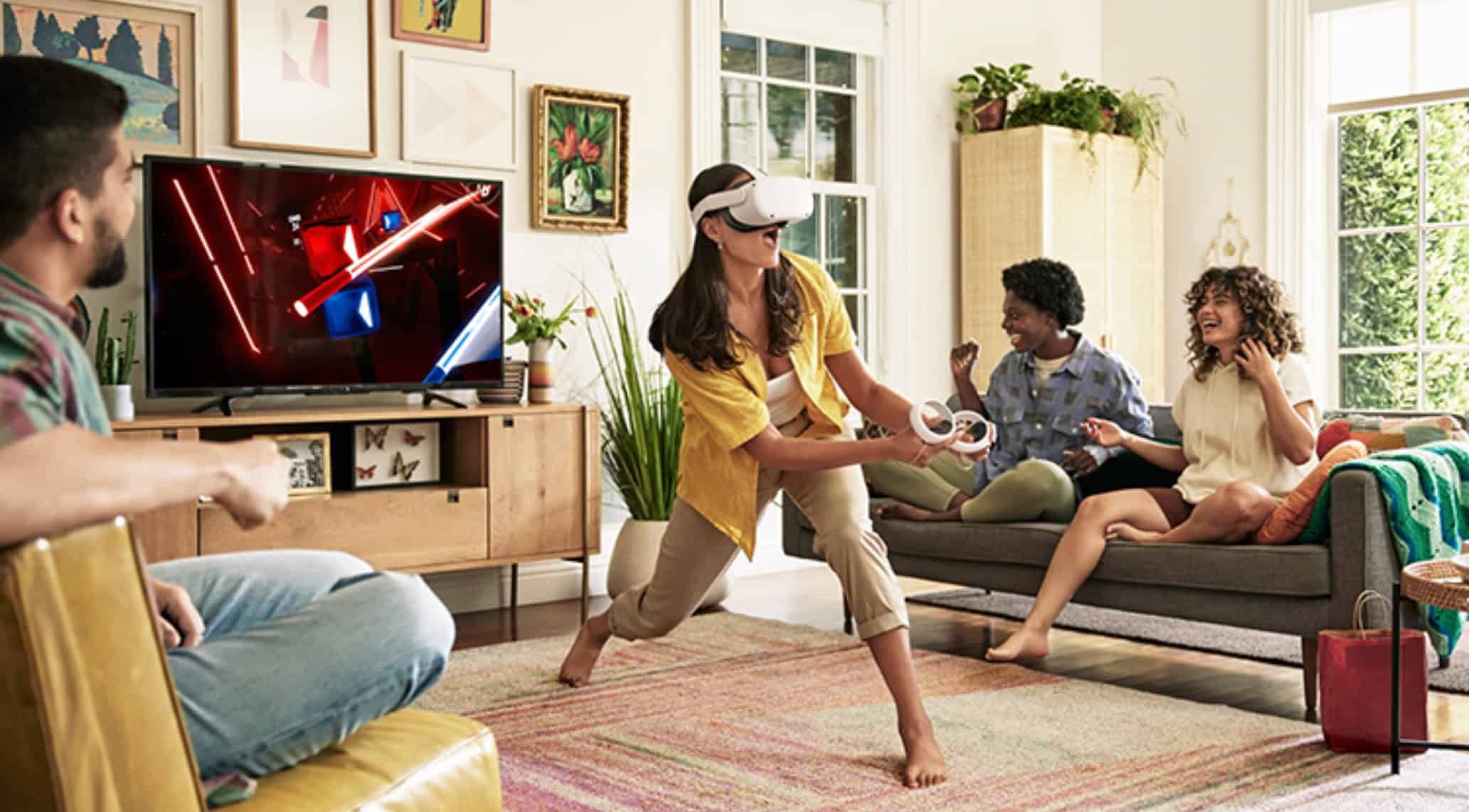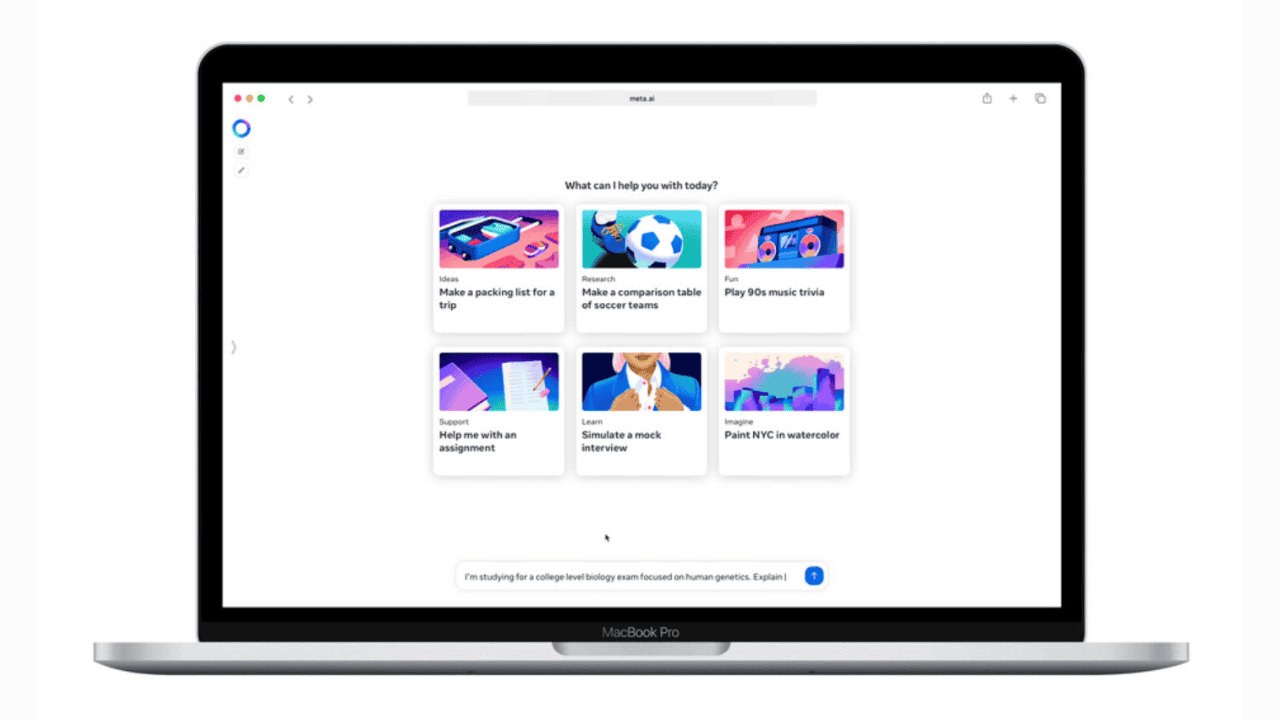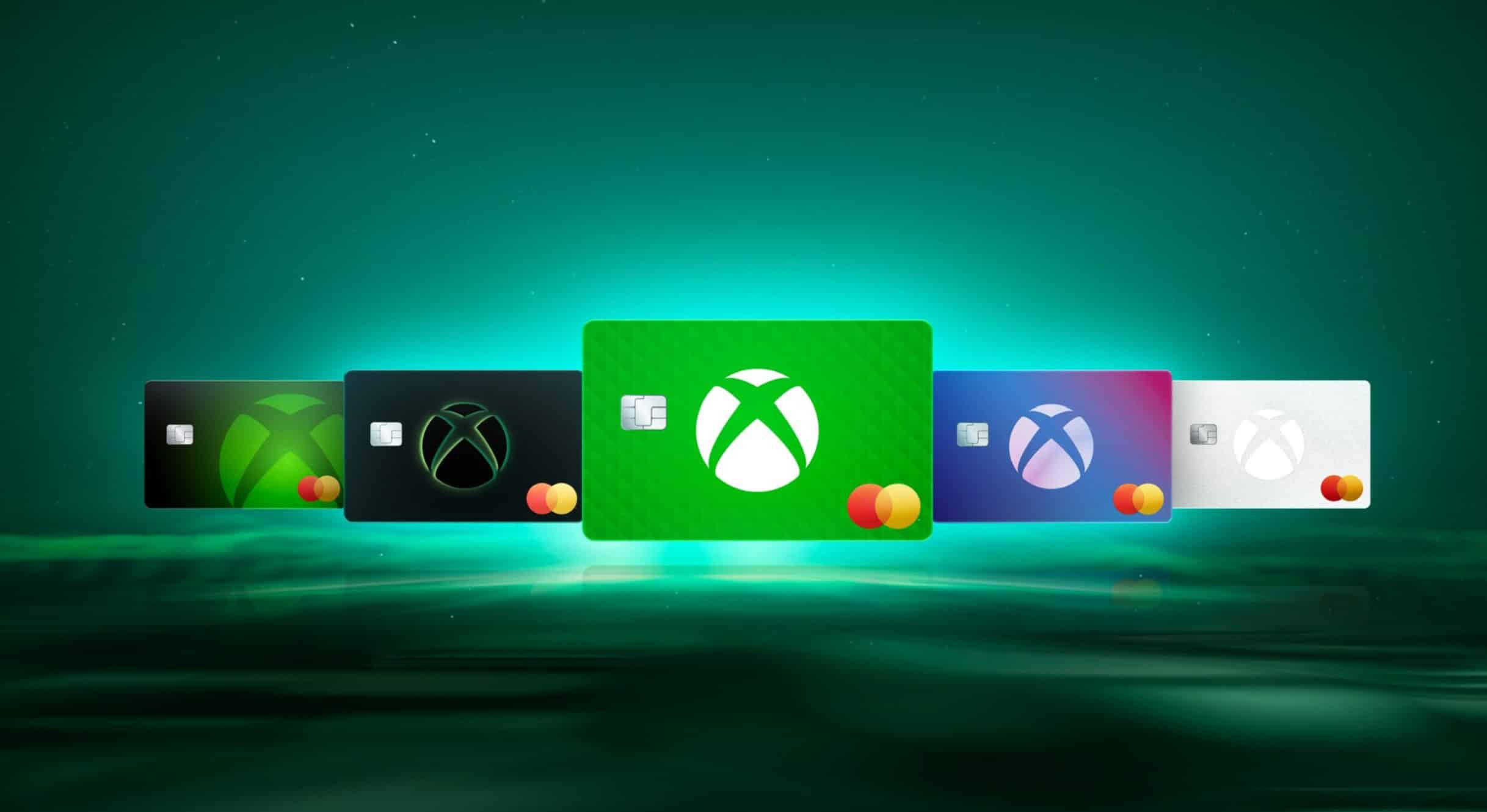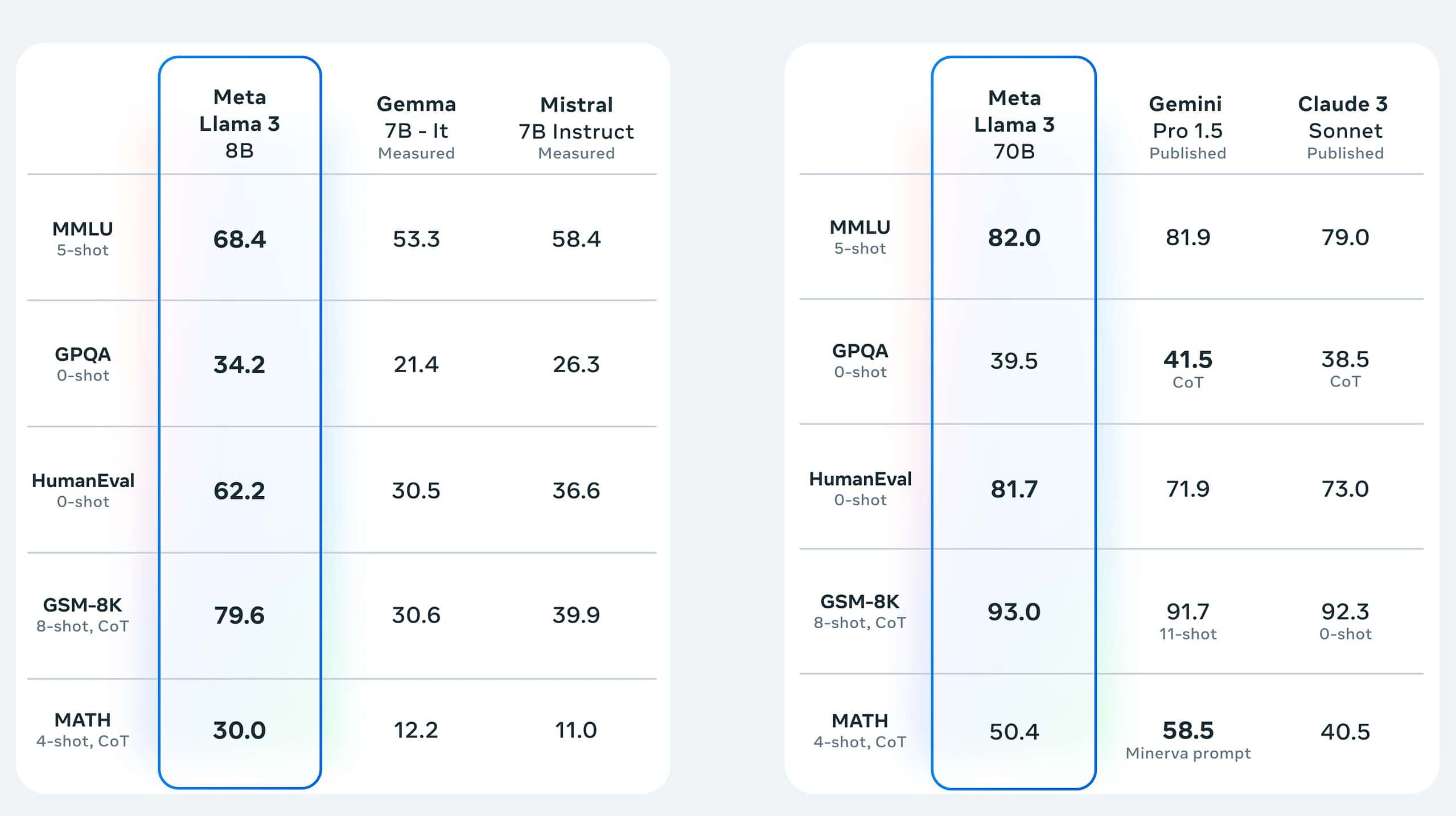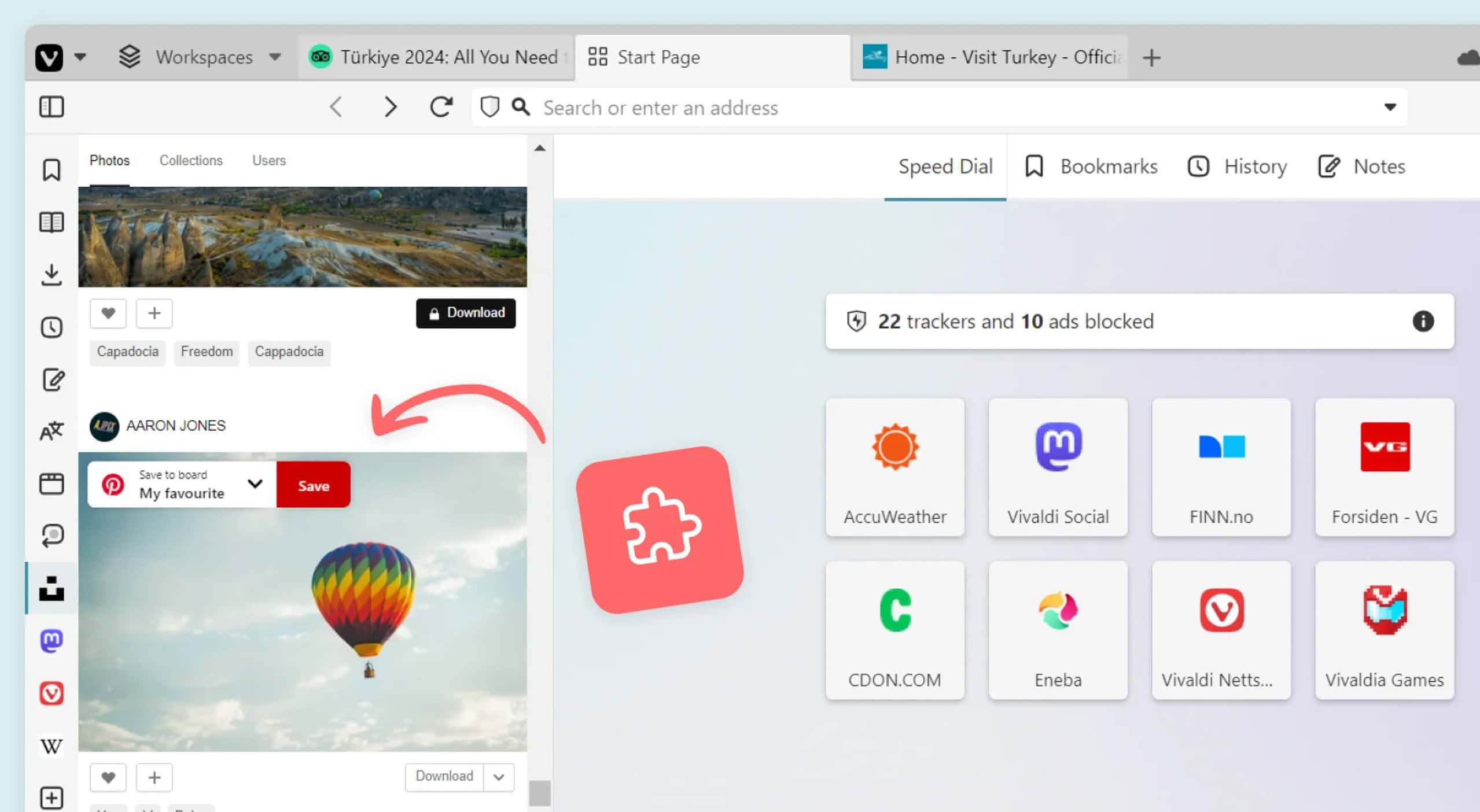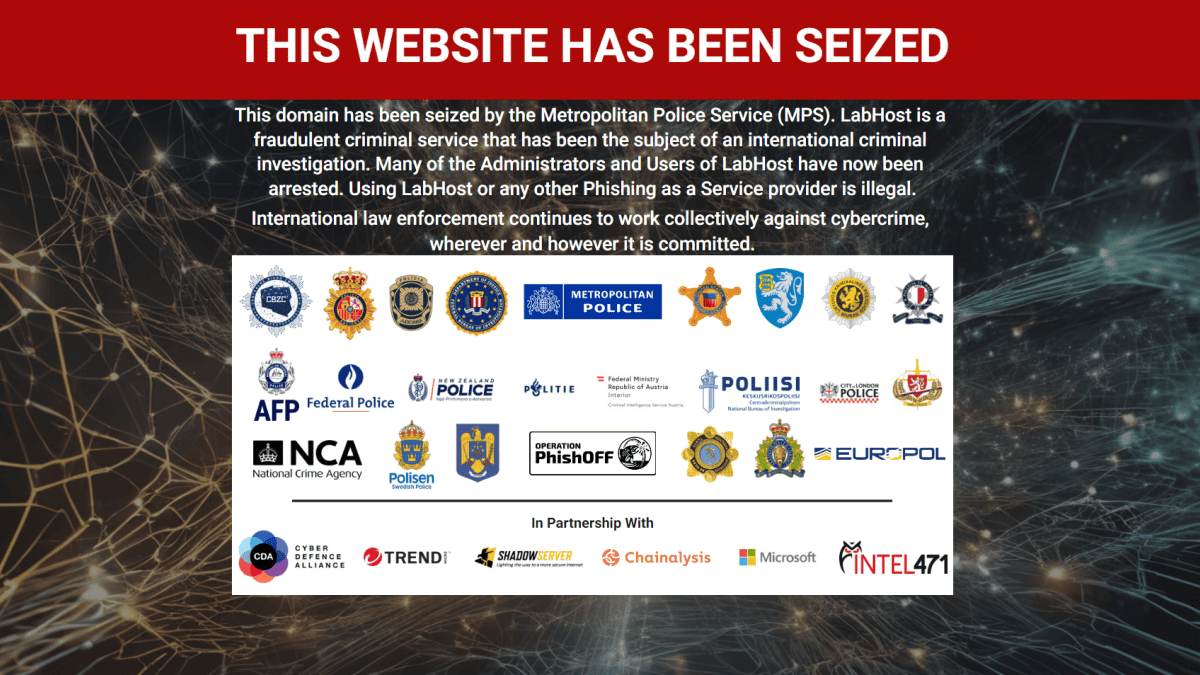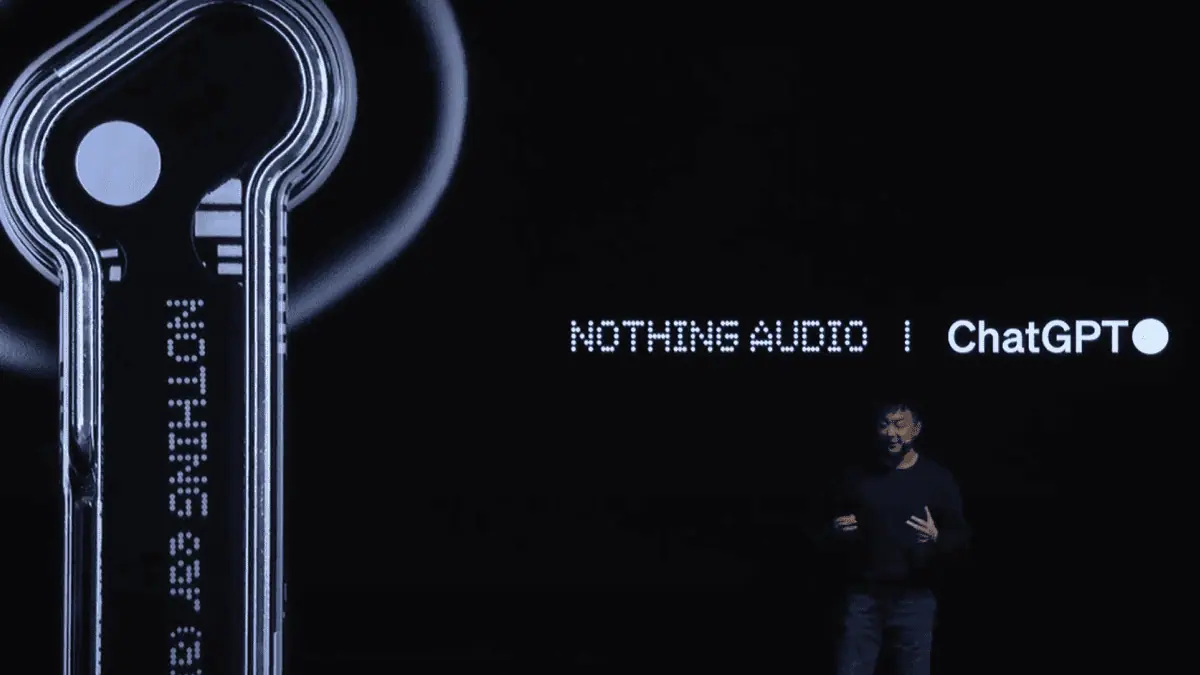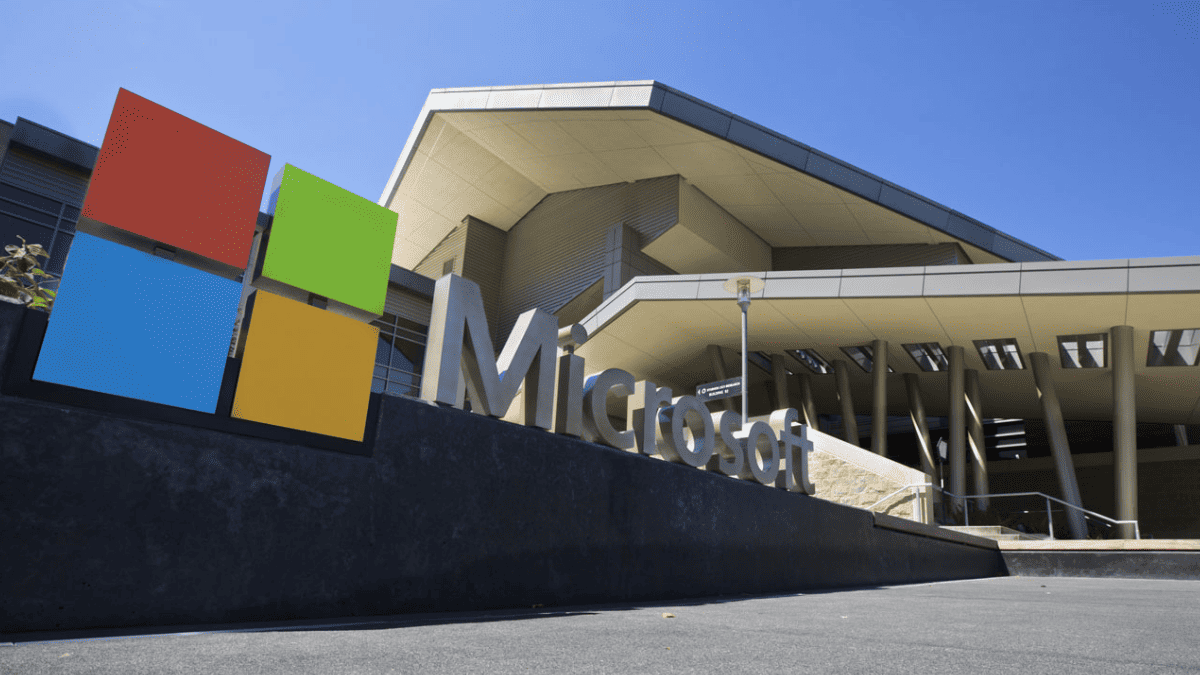Opinion: Two reasons why I'll keep sticking to Google over Bing
6 min. read
Published on
Read our disclosure page to find out how can you help MSPoweruser sustain the editorial team Read more
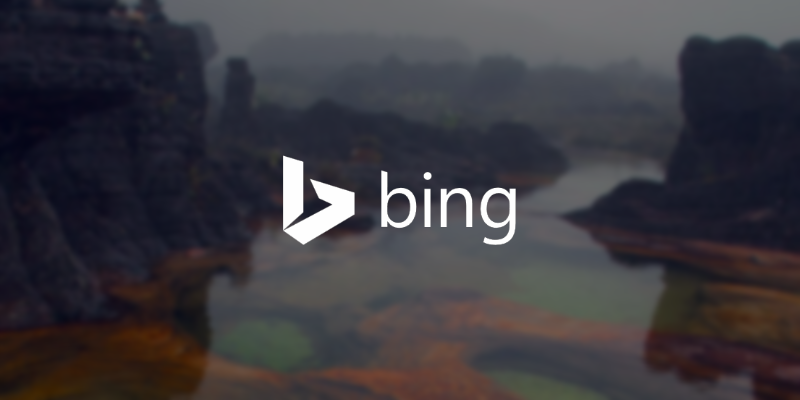
Bing is Microsoft’s Search engine, its answer to the question no one really asked. What if Microsoft created Google? Don’t get me wrong, Bing has a lot of potential. As a search engine, it comes with genuinely good and useful features. It also powers software like Cortana, and the Bing Predicts software was a big hit years ago. If you use Bing enough, it’ll even start giving you points towards Skype and Xbox Live subscriptions so that you use it even more. It sounds like a dream, and it is. I’ve tried Bing for a long time (having been a Windows phone user in the past.) I (like many other people) have come to the conclusion that it’s not for me. While I could talk about Bing being only good in the US, decent in the UK, passable almost everywhere else. I could also dig up the hundreds of search features Microsoft has for US audiences only. Those aren’t my main concerns at the moment. There are two reasons I won’t support Bing, in no particular order. One e is a bit of an ethical issue, the other is it just generally being just ok at search.
Two years ago, I wrote about Microsoft’s Bing being irresponsible with its treatment of suicide and suicidal queries, often ushering users towards resources in a way that isn’t conducive towards mental health. I noted:
“[A] Bing search for “How to kill yourself” has the 3/5 of the first results either urging to commit suicide or providing a guide with methods, while the other two results are message boards. A click on the results surfaced on the page confirm that these results are indeed what the searcher might want, though not in the way Microsoft probably intends, and not what they need. The equivalent Google search, by way of contrast, has the very first search result as a link to an NHS’s web-page, the second result link to self-help, and then a questionable few results followed by help resources all on the first page. More worryingly than the results, Microsoft also offers you alternative searches, just in case your first few results weren’t too helpful. Bing seems to ask the user: “How to kill yourself” not giving you the results you wanted? how about “How to poison yourself”, “painless ways of suicide” or “best way to hang yourself?”. Google, once more, doesn’t offer up any alternative suggestions.
Microsoft seemed to agree that it needed to do more in this regards. A research study it sponsored noting that Suicide helplines notices were ineffective but anti-suicide content being served up did help to prompt more searches for suicide prevention.
“Display of helpline notices was not associated with an observed change in the likelihood of or future suicide searches. No statistically significant differences were observed in the likelihood of people making future suicide queries (both generally and specific types of suicide queries) when comparing search engines in locations that display helpline notices versus ones that do not.” The study concluded, “Pages with higher rank, being neutral to suicide, and those shown among more antisuicide pages were more likely to be clicked on. Having more antisuicide Web pages displayed was the only factor associated with further searches for suicide prevention information.”
https://twitter.com/MkeAllison/status/1145303584050995201?s=20
Unfortunately, Microsoft hasn’t taken that on board. Unlike Google which ranks suicide prevention resources very highly, Microsoft tucks two links to the Samaritans at the top and bottom of the page. It then proceeds to fill every space in between with detailed content, some not even requiring the user to open the site. When I ran the same search with my region switched to the US, I didn’t even get the helpline numbers (though Microsoft’s research assures us that it doesn’t do anything either way.) On an ethical level, that’s just not ok.
The second reason is related to Bing in itself. While Bing has a lot of nifty features that I’m sure are fantastic if I could remember then two seconds after using them, the main reason I use a search engine is to find things. I’m not interested in being distracted by Bing’s cluttered homepage any more than I pay attention to Google’s Discover. When it comes down to Search, to switch from Google to Bing, the latter must not just be as good as Google, but even better than that to justify changing. Bing is not the search engine to make me switch.
For one, Microsoft’s search engine is good at finding things you’re searching for if you know what you’re looking for. Google, on the other hand, is pretty good at that too. Besides that, it is also good at finding things you were looking for with even less information. For example, let’s say I was searching for the DC Character, The Flash. I’m looking for a specific one, but I don’t quite know anything other than he’s got red hair. Naturally, I’d type: “The Flash with Red Hair.” Google gives me the results I’m looking for; Wally West. Bing just sends me to an entirely different place. Getting even less specific, I type, “Dc character, runs fast, red hair.” Once again, Google is right. Once again, Bing is clueless. In fact, the results don’t even look like I ran the same search at all.
A more mainstream example, let’s say I’m looking for “Christopher Nolan film space.” I’m in the mood for some sci-fi that makes you think from a director people either hate or love, but I forgot the name of the movie other than it’s in space. You probably know I’m talking about Interstellar. With a few strokes, I can confirm that Google does too. If I were to try with Bing? It doesn’t ring a bell. Again, I may as well have run different searches.
You could repeat the same with pop-culture searches, music searches, and things people are likely to impulse search on a day to day basis. For whatever reason, Bing just can’t keep up with Google. At the end of the day, I’m going to use the search engine which finds the most things most of the time — and probably one that doesn’t encourage the largest killer of men under 45.



